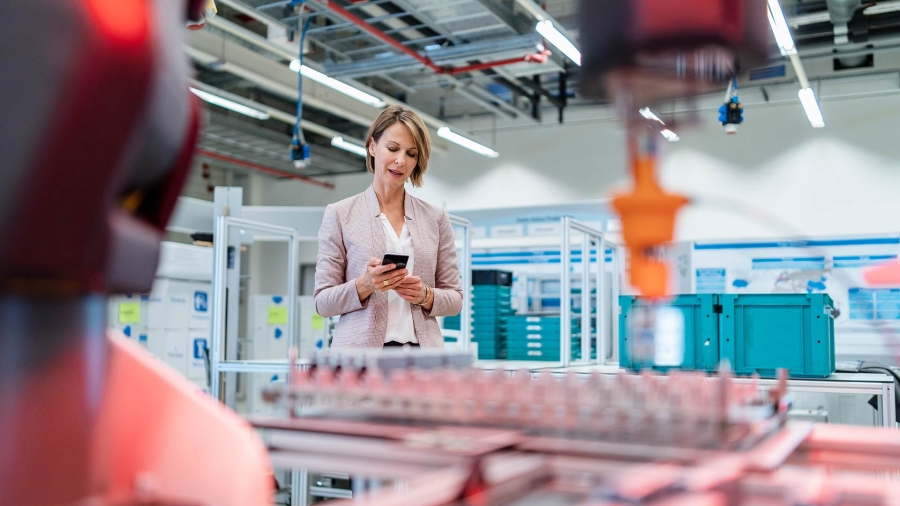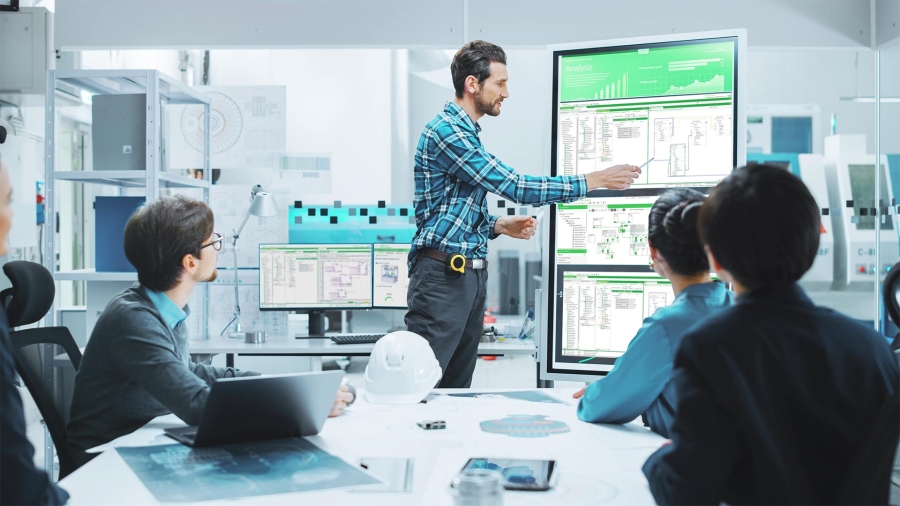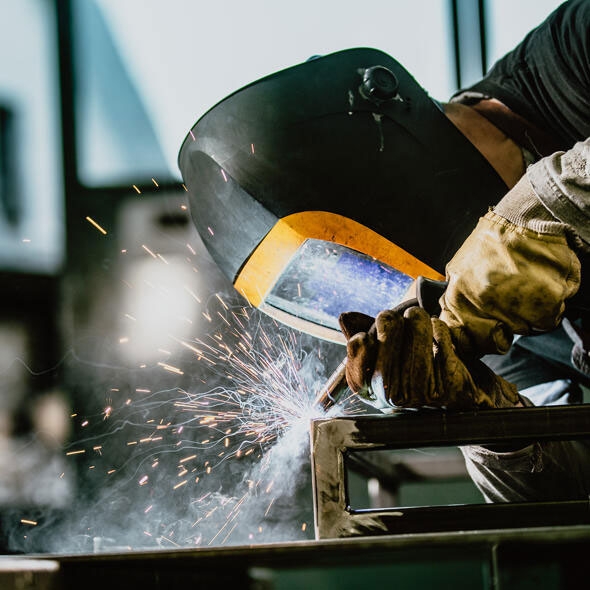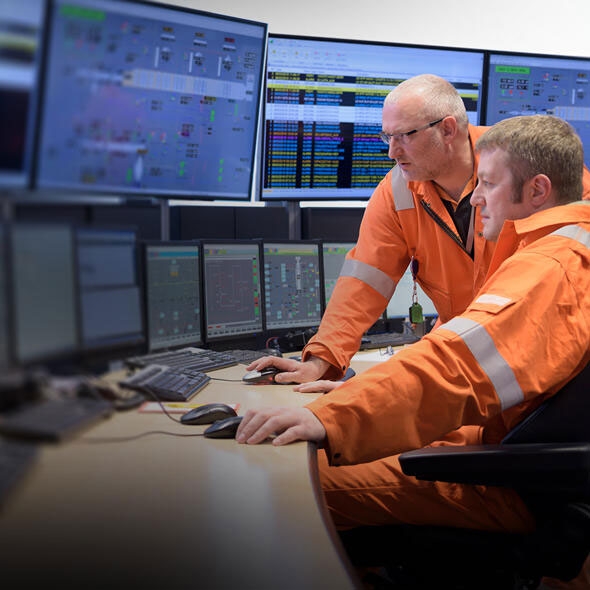How do digital transformation and next-generation automation create the Industries of the Future?
Well, Schneider Electric helps create the Industries of the Future by making manufacturing and process industries smarter, sustainable, more agile, and resilient through open, intuitive, agnostic, and end-to-end software-centric automation.
As an industrial automation technology leader with IIoT and data analytics expertise, we can help bring unprecedented flexibility and automation to each level of your industrial enterprise. We do this through connected products, edge control, and digital solutions that improve energy efficiency and lower carbon footprint.
EcoStruxure, our IIoT-enabled architecture and system, brings innovation and establishes an automation standard to be replicated in manufacturing and process industries including Food and Beverage, Water and Wastewater, Mining, Minerals and Metals, Energies and Chemicals, and Machine Control.
The Industries of the Future are leading unprecedented digitalisation of industrial automation applications which rely on Schneider Electric for unlocking new business models that combine smart control, a digitally connected workforce, and optimised assets to drive operational profitability, safely.
Our strong agnostic software portfolio for Industries of the Future, in partnership with world-leading independent software companies such as AVEVA, brings digitalised energy and automation to empower you to design, build, operate, and maintain an unbroken data flow across the entire lifecycle.
We can offer digital twin technologies that combine powerful simulations and analytics in a virtual, software-led environment which brings to life your data for better performance, promising significant business benefits.
Our scalable solutions help the Industries of the Future achieve strategic data management for agile and optimised operations, collaborative energy management through digital communities for efficiency and sustainability, and improvements in industrial safety and cybersecurity standards through improved bypass methods and the latest IIoT technology.
Schneider Electric collaborates with the Industries of the Future to develop universal automation solutions with plug-and-produce automation software components, open operating platforms, and control automation engineering to create the products that shape our everyday lives.




























